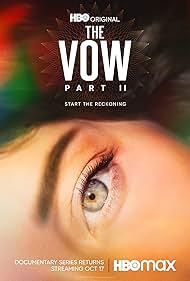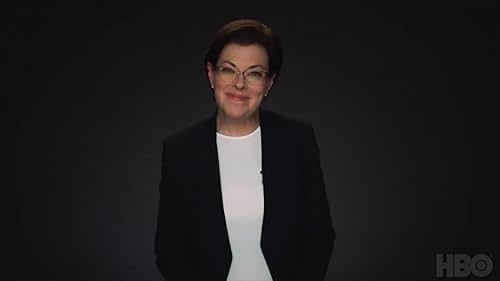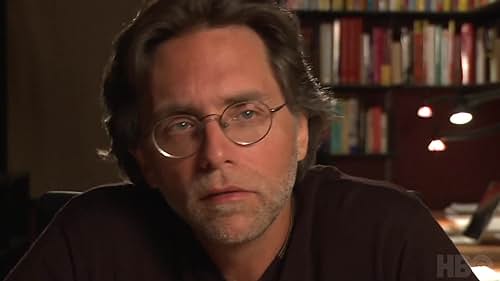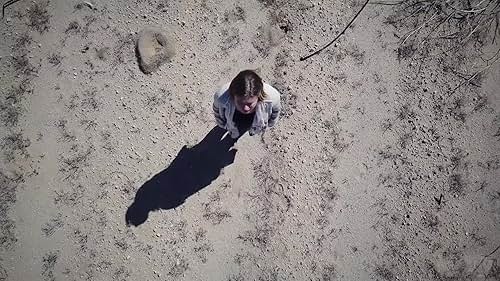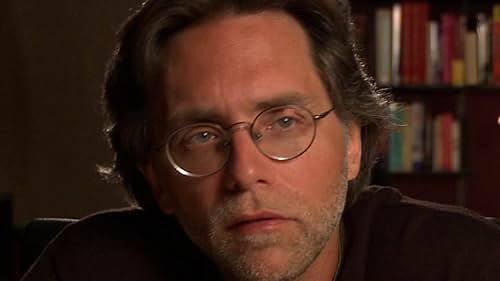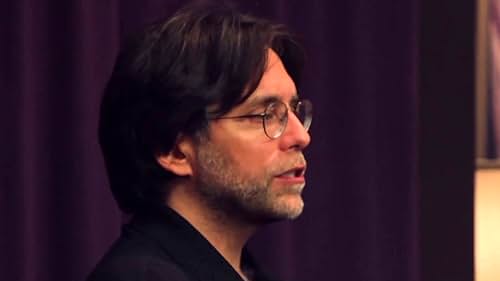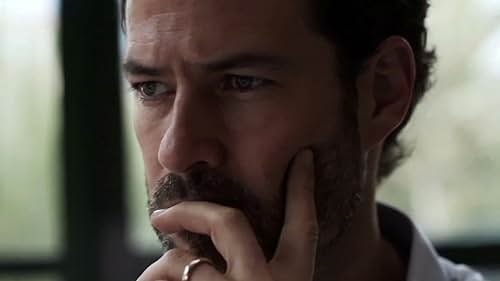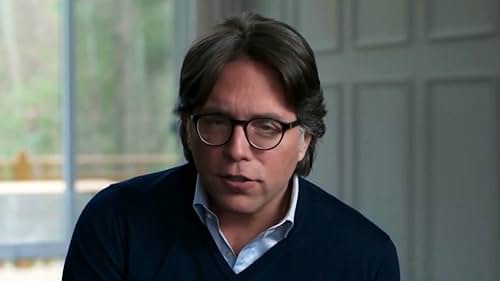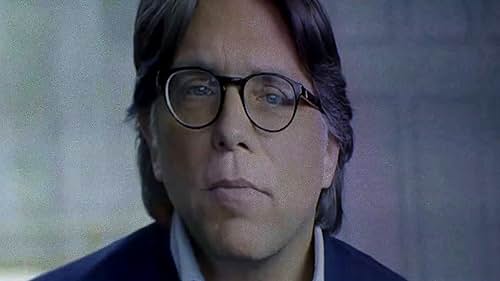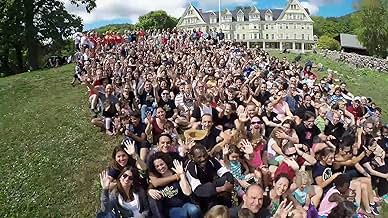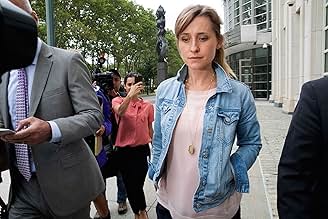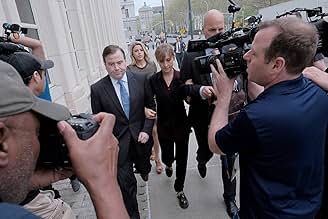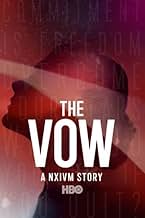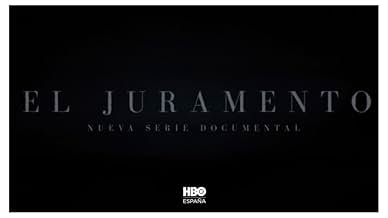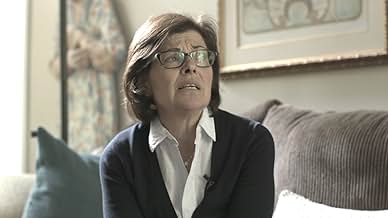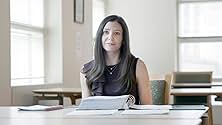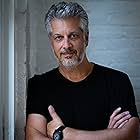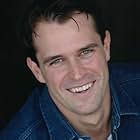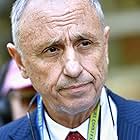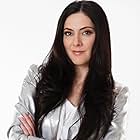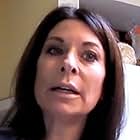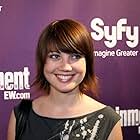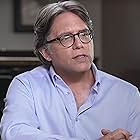The story of NXIVM is massive. It's impossible for every notable detail to make the final cut. That said, there are some omissions that seem significant. For example, investigative journalist Frank Parlato, who has written extensively about NXIVM over the years, is mentioned in early episodes and characterized as someone who isn't always viewed as credible. But in the seventh episode, Parlato becomes a supporting figure in the series as he helps actress Catherine Oxenberg, whose daughter India refuses to leave NXIVM, in her attempt to get law enforcement involved in the situation. Given all the evidence Parlato has compiled and his willingness to help, he comes across as semi-heroic, albeit eccentric. A visit to his website, the Frank Report, reveals that it's filled with reporting on NXIVM but also posts written by Roger Stone and at least one defense of QAnon, a juxtaposition that caused so much cognitive dissonance in my brain that it turned into a popping-confetti cannon. While it's understandable that Noujaim and Amer decided that a whole sidebar on Parlato would be too distracting, this still raises the question of what other notable information or nuances may have been sliced out of the series.
Ironically, the recent focus in the news on the cultlike believers in QAnon conspiracy theories makes The Vow an especially relevant watch. While NXIVM coaches often preached the notion that trusting one's intuition can be misleading - "Your intuition was just a feeling, a viscera," Bonnie Piesse says in the second episode - the series is a testimony to how vital it is to check one's gut and apply real, unvarnished critical thinking to events unfolding around us. Any of us can potentially have the wool pulled over our eyes by a dude who calls himself Vanguard, or anonymous online posters, or even a president. It's what we do after we realize our vision has been obscured that truly defines whether we're good or bad, and whether we're safe or still in grave danger.
